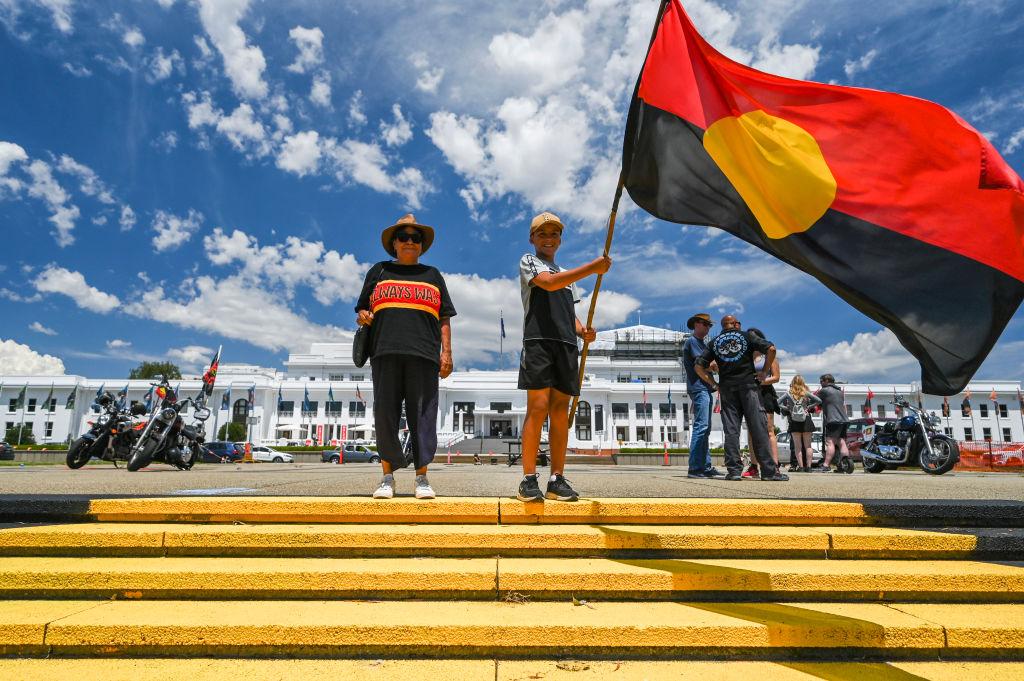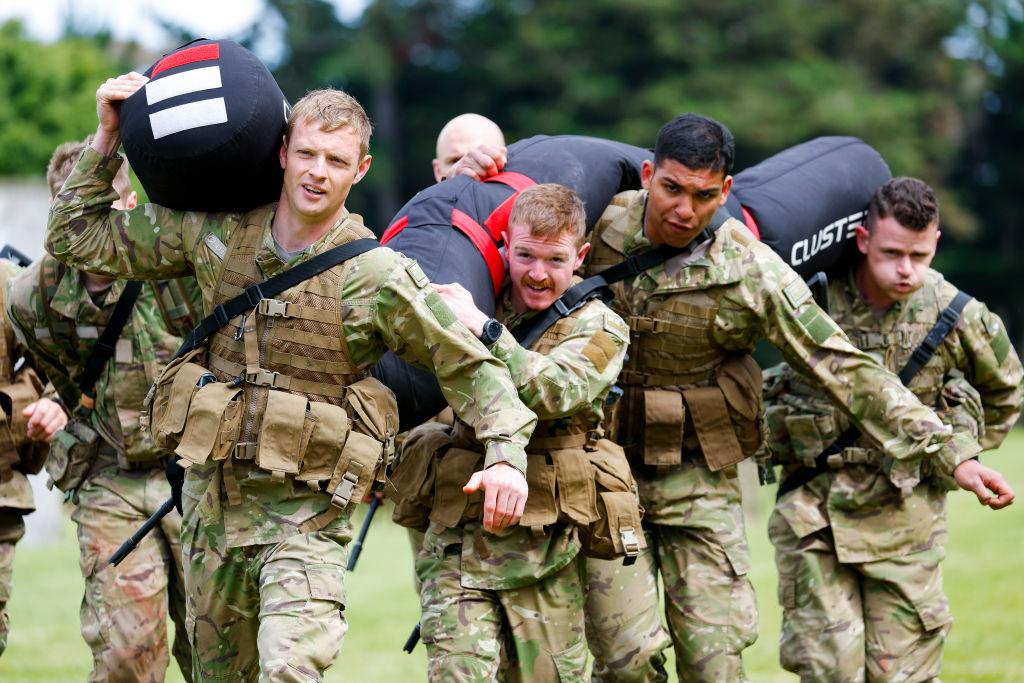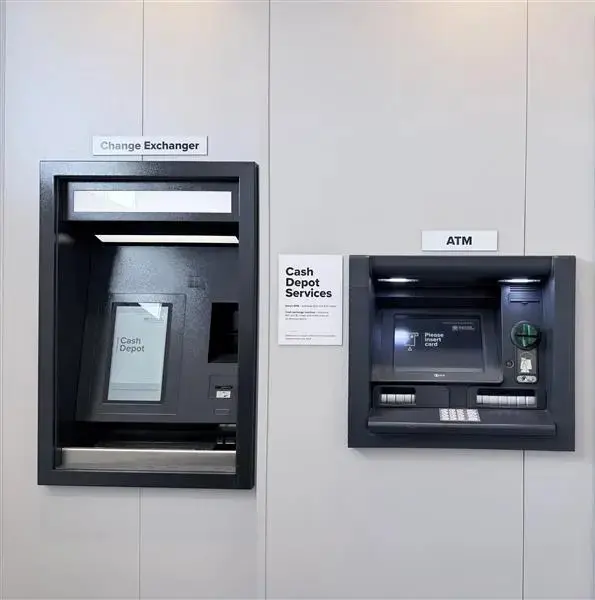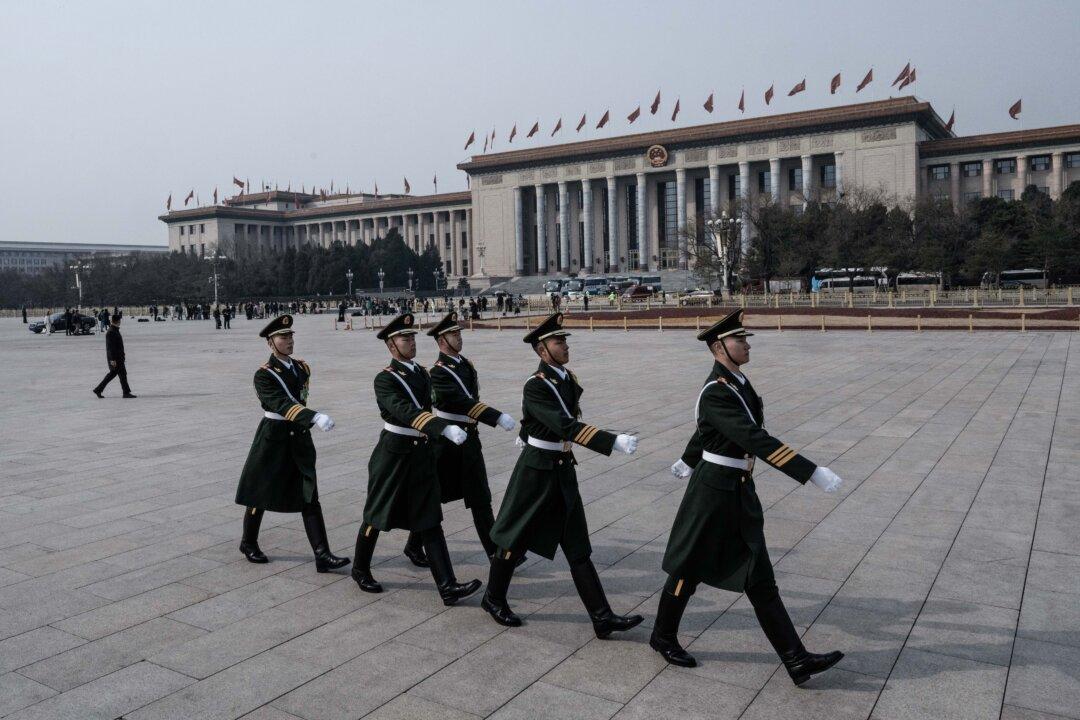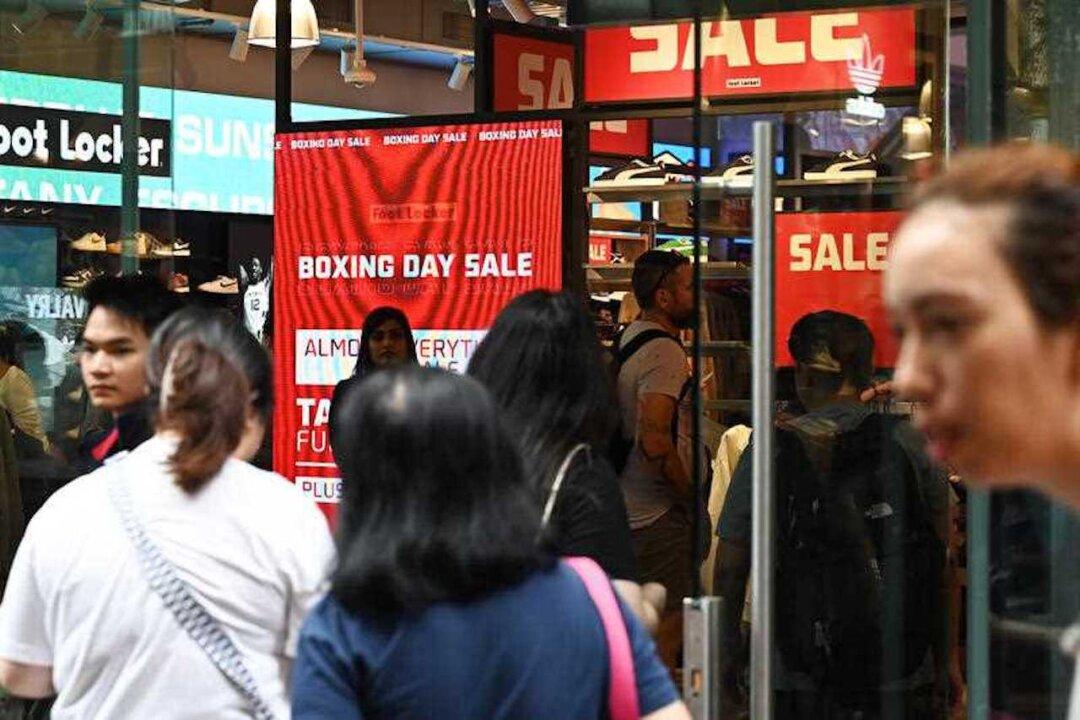Queensland Premier David Crisafulli has announced the newly-elected Liberal-National Party (LNP) government “won’t be allowing” the state’s Truth-Telling and Healing Inquiry to run planned next month.
This comes despite the party initially supporting the Path to Treaty legislation in May last year.
